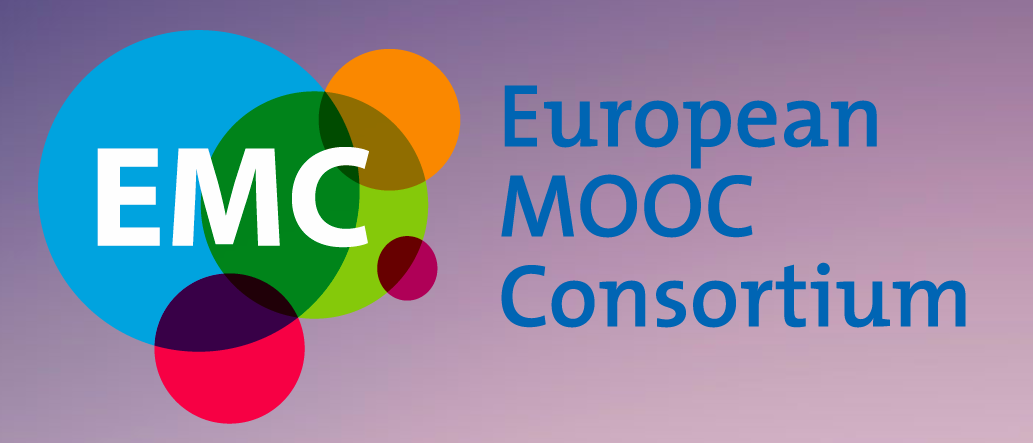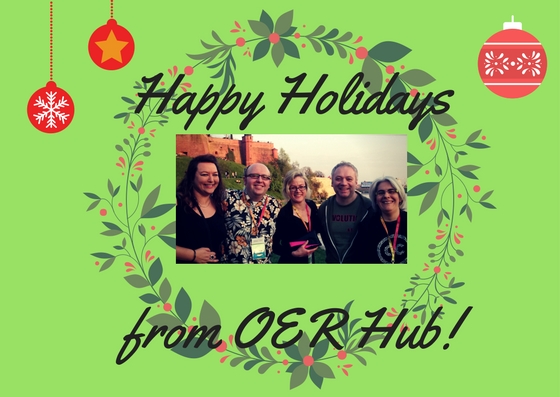This entry relates to our hypothesis on support for informal learners, which is phrased as follows:
Informal learners adopt a variety of techniques to compensate for the lack of formal support, which can be supported in open courses
As one might expect, informal learners appear to use a wide range of techniques to support their study. The OpenLearn 2013 survey results indicate that informal learners using OER employ a range of techniques to support their own activity. Comparing the responses of formal learners using OER in connection with their studies and informal learners revealed some interesting differences in the support techniques used. Discussion via social networks emerged as equally common for formal and informal learners, 20% (n=20, formal; n=57, informal) of whom used this technique. In-person discussion also emerged as a commonly used support technique, employed by 41% (n=116) of informal learners and 48% (n=48) of formal learners.
Some support techniques appeared to be more commonly used by formal than informal learners, perhaps due to the former category of respondents having experienced the techniques in connection with their formal studies. For example, the use of study notes – a particularly popular technique amongst all OpenLearn respondents is more widely used by formal learners ( 66%; n=67) than informal learners (58%; n=166). Discussion in online forums is also more popular with formal learners (40%; n=40) than informal learners (30%; n=84). Microblogging and videochat were little used. Wikis, blogs, informal study groups, learning journals, multimedia resources and study calendars were all more commonly used by formal than informal learners. Microblogging and videochat appear to be little used (OpenLearn survey, 2013)
Our data relating to this question is expected to grow with our surveys of informal learners and should provide a good description of the kinds of support which appeal to them.
The second half of this hypothesis – which states that these forms of support can work in the case of open courses – represents more of a challenge since exploring the ways in which informal learners structure their work can be problematic. From a Connectivist perspective the tendency is to see informal study support networks as emergent from networks of communication and collaboration. MOOC students often set up communities outside formal study spaces including “Facebook, Twitter, G+, blogs and other media” (Purser, Towndrow & Aranguiz, 2013). Thus Sloep et al. (2011) argue that informal learners – who lack formal support – are best supported by encouraging networked learning though “serious work needs to be done on the social embedding of OER and the repositories containing them” to facilitate connectivity.
In MOOCs users sometimes set up communities outside the formal spaces. For instance, key learning spaces have developed in social media spaces (Facebook, Twitter, Google+, etc.) apart from standard MOOC support forums (Purser, Towndrow & Aranjuez, 2013:2). Students taking The Open University’s H817Open course also set up effective communities of support through social networks (typically Google+ and Facebook) (Kop, Fournier & Mak, 2011). However, it should be noted that these forms of support may not be effective for all students.
Kop (2011) found that inexperienced learners are often overwhelmed in MOOC environments, and can feel lost and supported. Another study found that less experienced MOOC students are more likely to consume materials created by others while those more confident with the technology were more likely to create artefacts and learning networks (Kop, Fournier & Mak, 2011:89). Indeed, they argue that the emergent and chaotic nature of MOOC may conflict with formal educational structures which tend to be have standardized goals, curricula and learning experiences. While some say that the high rates of student attrition on typical MOOC reflect the lack of some support that would typically be offered to students in formal settings, others point to the diverse learning experiences sought by MOOC students. Further investigation of the ways in which this diversity is manifest through informal support structures will facilitate understanding of this complex picture.






[…] formal support – initial research findings have been discussed in OERRH researcher’s blog post Supporting Informal Learners Openly. Another OERRH research hypothesis (hypothesis G) poses the question: Informal learners use a […]